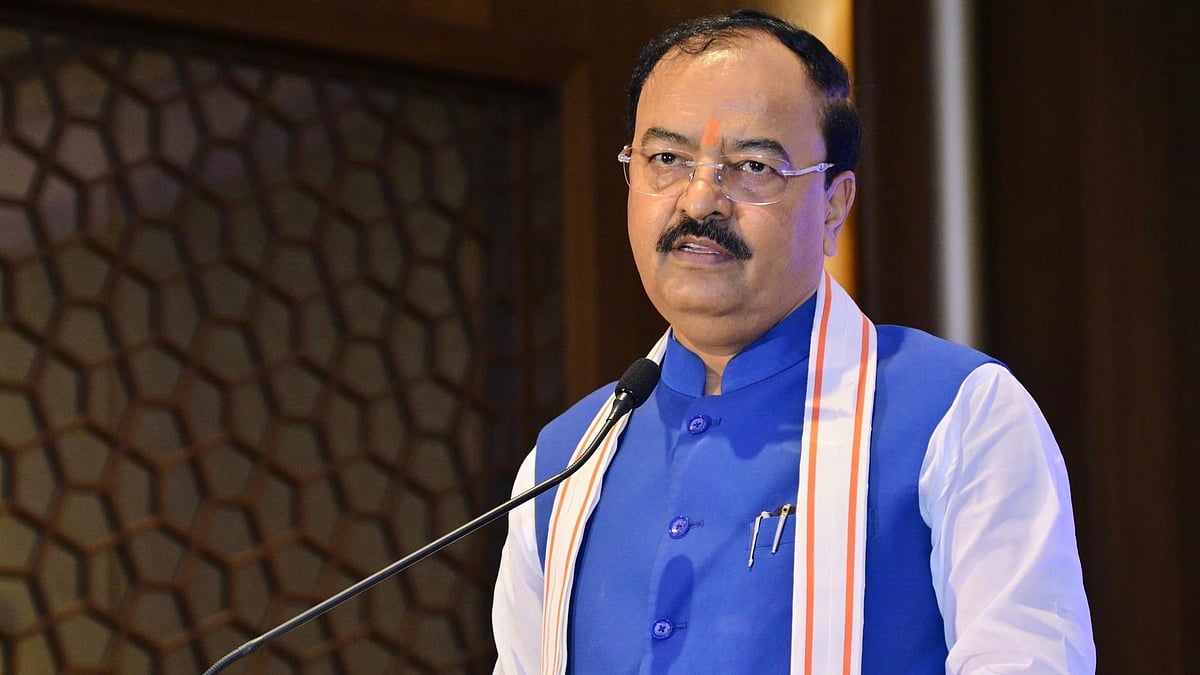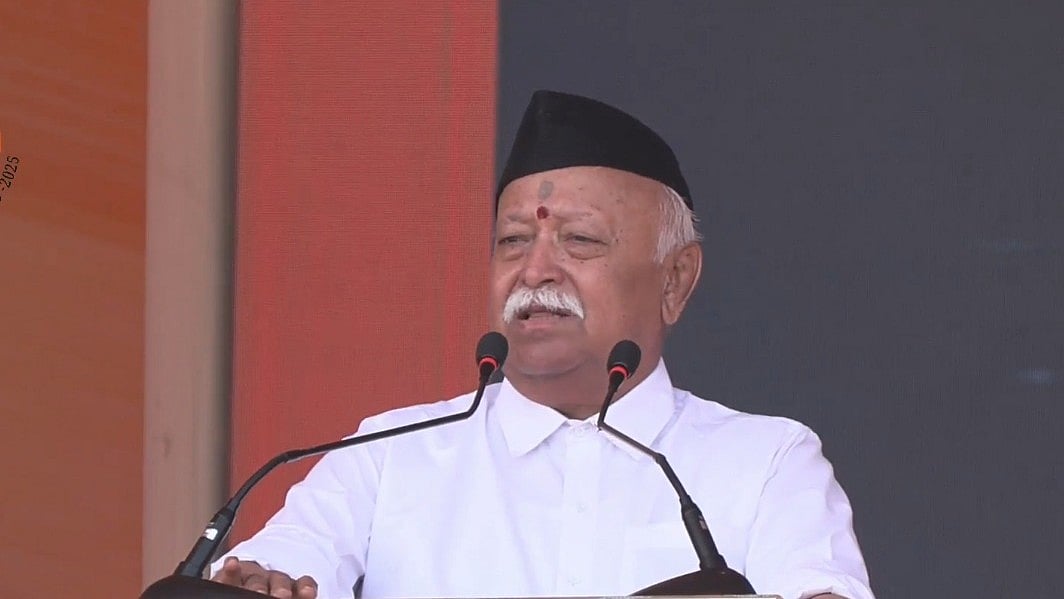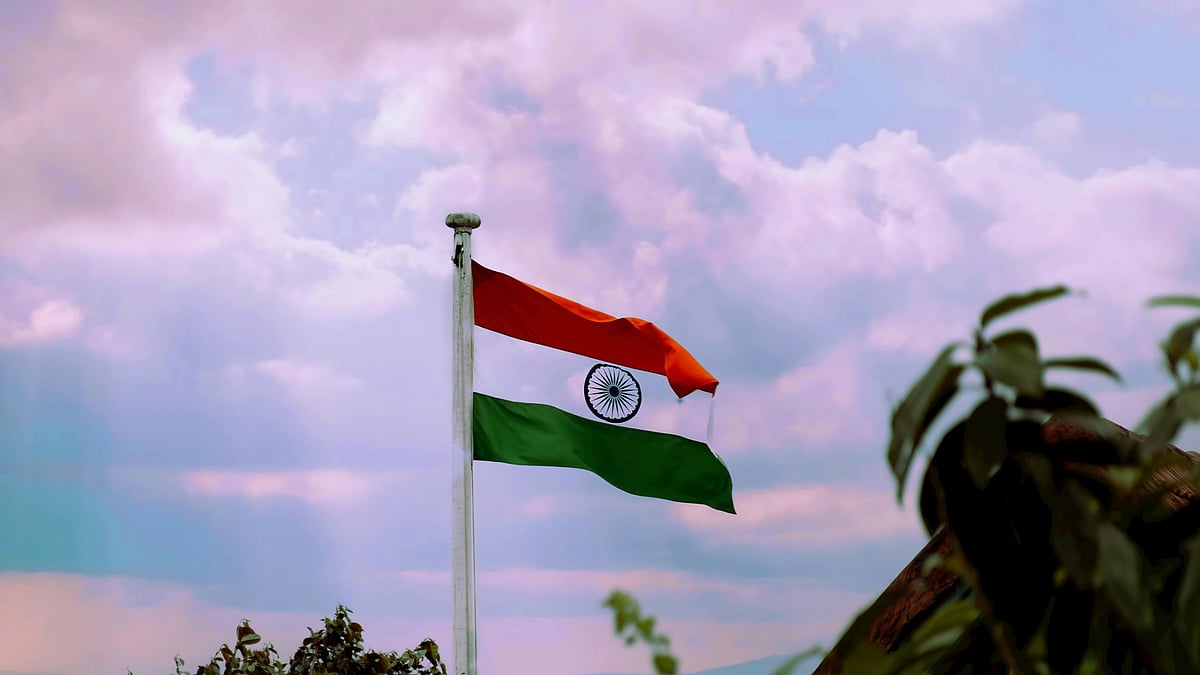In the last couple of months Prime Minister Narendra Modi has stunned even his well-wishers by his rabid sectarian and below the belt comments against political opponents. Even NDA allies in television studious have found it difficult to endorse his remarks on late Prime Minister Rajiv Gandhi. From a “vikas purush” who sold the “Sabka Saath, Sabhka Vikas” (inclusive growth) slogan five years ago, what forced Modi to ratchet up the communal and ultra- nationalistic narrative now? Unlike 2014, this has been a wave-less election sans the “Modi magic” of yesteryear. Still, some analysts believe that the Prime Minister in any case would have managed a decent number of seats by running a civilized, statesman like campaign without spreading vitriol; why then this “Kolaveri”?
There are two plausible explanations as to why he chose to become a symbol of Hindutva rather than a development icon. Perhaps he is nervous that his five years’ track record is nothing much to write home about or he has come under the total control of the RSS, BJP’s ideological mentor. In the run up to 2014 elections, as BJP’s prime ministerial candidate, Modi had many powerful backers- they included the RSS, India Inc, a section of media and some global players for differing reasons. The corporates thought Modi will bring the economy back on the rails while the RSS saw in him a hardbo iled Hindutva campaigner who will further its ideological agenda.
Such was the overwhelming build up against graft and the perceived governance deficit of UPA II government that in 2014 even left-of-centre and liberal sections “voted for change” believing that Modi will usher in development, “ache din” and root out corruption. Even then doubts were raised in some quarters whether Modi will control the RSS or vice versa. Many, in particular the economic Right, believed that a muscular Modi, who as chief minister had kept the RSS at bay in Gujarat, will not allow communal rhetoric to sidetrack developmental agenda. However, five years down the line it is apparent that Modi’s priorities have changed and that ultra nationalism has taken precedence over bread and butter issues.
It is surprising that despite having a brute majority of 282 MPs in the Lok Sabha and controlling all levers of power and institutions with a firm hand, Modi was forced to kowtow to the RSS. Even without majority and depending solely on the allies Atal Behari Vajpayee as Prime Minister had refused to capitulate to the Sangh. It was the RSS that first chose Vajpayee as PM candidate in 1996 overlooking L K Advani but later the ties between Vajpayee and then Sangh chief K S Sudarshan soured as Nagpur tried to interfere in policy formulations and the decision-making process of the government. In 1998 the RSS forced Vajpayee to shift Jaswant Singh from the finance ministry and till Vajpayee’s term ended in 2004 it unleashed its affiliates like the Swadeshi Jagran Mach, Bharatiya Kisan Sangh, Bharatiya Mazdoor Sangh and the VHP to force Vajpayee’s hand on economic, foreign policy and Ayodhya temple issues. Sudarshan had even called for the sack of Arun Shourie as disinvestment minister for sale of some PSUs. Still Vajpayee managed reasonably well with the help of powerful regional allies and using his personal charm and diplomacy and so much so a begrudging Sangh ideologue Govindacharya called him a “mukota” (mask).
In contrast, Modi had no major tussle with the RSS. The SJM, BKS and BMS have been quiet last five years. Both Modi and Bhagwat, astute and crafty managers, have their priorities right- Project Hindutva and they crafted a give and take strategy for mutual profit. The RSS remained uncharacteristically silent on issues like demonetisation that put millions into hardship while Modi, leveraging his clout with the Sangh, dismantled collective leadership in the BJP by marginalising a generation of veterans with considerable ease. No tears were shed in Nagpur for Advani, Joshi and others consigned to the chopping block. The Sangh which is supposed to be against the western model of economic growth pushed by the IMF and World Bank held back it’s “swadeshi” slogan and allowed Modi government some leeway, as it lowered its opposition to FDI and disinvestment.
The first sign that the RSS has succeeded in taming Modi came in early 2015 as he kept a studious silence (occasional tepid responses apart) over incidents of lynching of Muslim men and assault on Dalit youths over beef and cattle trading. And in 2017 Modi was dragooned to install controversial Yogi Adityanath as CM of a critical state like Uttar Pradesh; induct RSS nominee S Gurumurthy as part time director of RBI and ease out top notch economists like Raghuram Rajan and Urjit Patel as governors and Arvind Subramanian as chief economic adviser. Now, in Madhya Pradesh hardcore rabble rouser, Pragya Singh Thakur, has been fielded from Bhopal Lok Sabha constituency only to amplify communal polarisation; the PM acquiesced.
Many corporate lobbyists had in 2014 believed that Modi would liberate the BJP from the RSS’s economic vision and hardcore Hindutva politics and create conducive environment for investment. Despite the government taking several steps to improve ease of doing business, foreign direct investment has only been a trickle. A recent Reuters survey quoting Department of Industrial Policy and Promotion said, FDI petered out with the “inflows growth rate recording a five-year low of 3 per cent at US $ 44.85 billion in 2017-18”.
Will the abject capitulation before the Sangh cost Modi the goodwill of India Inc post May? Last month, Mukesh Ambani sprung a surprise endorsing Congress’s South Mumbai candidate Milind Deora. So was industrialist-banker Uday Kotak. Though it cannot be construed as disenchantment of business houses with the government, Modi should be wary of persisting with his sectarian politics, for market forces are a great leveler; they have a self-correcting mechanism. The writer is an independent journalist.










